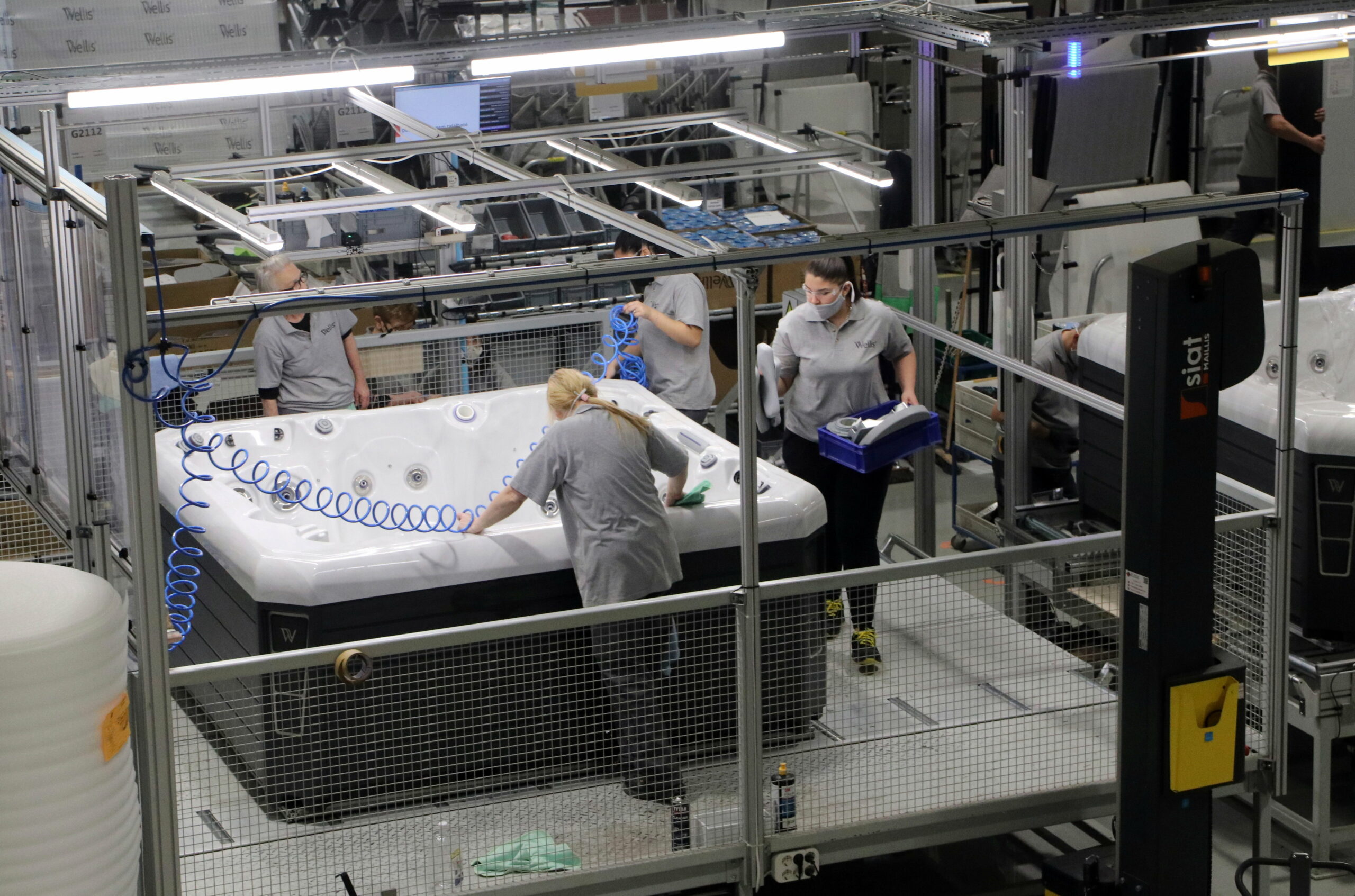
In 2020, the average net wage was only HUF 210,585, about HUF 58,000 lower than reported by the Central Statistical Office, according to the think-tank.Continue reading

Wage increases amounting to at least 13-15% on average would be needed in the competitive sector in 2022 due to inflation, according to the National Federation of Workers’ Councils (MOSZ). The national trade union center believes that this level of increase would not raise inflation further than the current, already 20-year record-high level.
The workers’ interest groups are initiating negotiations with employers and the newly-formed government in order to maintain the real value of wages while reducing inflation, pro-Fidesz daily Magyar Nemzet writes. Trade unions would make proposals in order to prevent further deterioration of the income situation of the population, and to ensure that the livelihoods of those living on the lowest incomes are not jeopardized. At the same time, they would take into consideration the financial situation of the sectors and employers concerned,” the report said.
It is important to maintain the real value of wages despite high inflation and the economic problems caused by global difficulties, and to ensure that workers share in the extra gains from productivity improvements. This is so that firms can use their profits to raise wages, President of the National Federation of Workers’ Councils Imre Palkovics (who is only a namesake of the minister of innovation and technology, László Palkovics) said that accelerating wage growth has not been the main factor driving up inflation so far, and that no inflationary spiral is to be expected in the future.
According to the report, wage growth in the majority of key sectors in the second half of 2021 has typically been lower than gross profit and productivity.
Palkovics warned that it would be important to investigate the reasons behind the exceptionally rapid inflation of domestic food prices, noting that while inflation was 9.5% in April, food prices rose much more significantly by 15.6%, a tendency which is still ongoing.
featured image via János Vajda/MTI